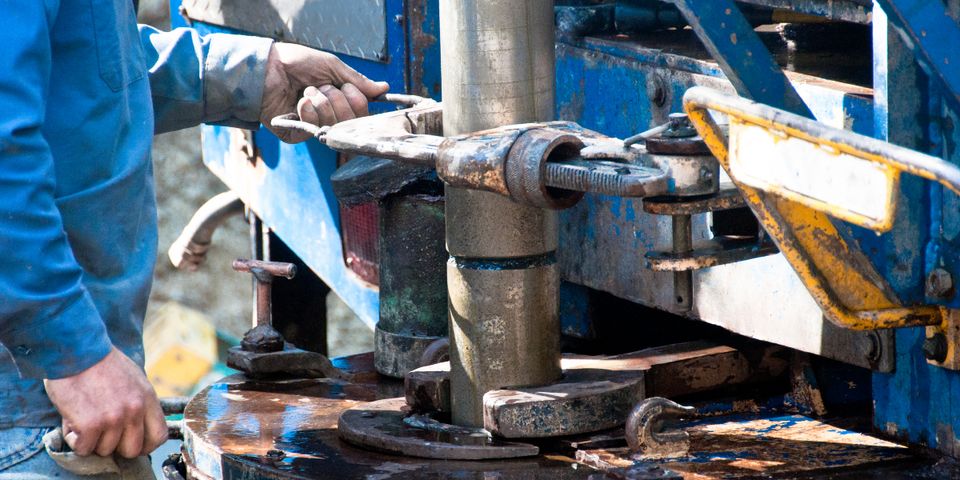A Guide to Well Casings: The Materials You Need to Know

From drilling wells to maintaining them, your well drilling contractor is your trusted partner in caring for your water well. This includes finding the right well casing material to protect your well and keep your water clean. With so many options available, knowing which is ideal for you can be challenging. This guide will help you make an informed decision for your property by exploring the pros and cons of some of the most common well casing materials.
A Guide to Well Casings: The Materials You Need to Know
1. Carbon Steel
Carbon steel is the most common material for well casings. It’s durable, cost-effective, and can withstand high pressure and temperature changes. However, carbon steel can rust over time, especially in acidic or alkaline soils. If you choose carbon steel for your well casing, make sure it’s coated with a protective layer to prevent corrosion.
2. Plastic
Plastic well casings are lightweight, easy to install, and corrosion-resistant. While most plastic well casing are made from PVC, not all are. These casings are also less expensive than their steel counterparts but are not as strong and can weaken or become brittle over time. Extreme temperatures can cause plastic well casings to crack or fail. Areas with shallow wells or low water pressure may be more suited for a plastic casing than other materials.
3. Stainless Steel
One of the strongest and corrosion-resistant materials for well casings is stainless steel. Ideal for deep wells and areas with aggressive soils, these well casings are easier to clean and maintain than other materials. However, they can also be more expensive than other options.
Which is Right for My Property?
When selecting a suitable material for well casing, several factors need to be considered, like the depth of the well and soil and rock formations. Deeper wells may require casings built to withstand higher pressures, while wells in highly corrosive soil may need a corrosion-resistant material.
The well’s intended use can also determine which material is best. For instance, if the well is for drinking water, it's important to choose a non-toxic casing material, like PVC, that will not contaminate the water. Steel casing may be preferred for agricultural wells as it can withstand frequent use and chemical exposure. Your well drilling contractor will be able to educate you on the ideal casing for your needs.
Whether you choose carbon steel, PVC, or stainless steel, working with a reputable well drilling contractor is crucial to the health and safety of your well. Mauldin Drilling LLC has provided reliable water well services for property owners across Williamsburg, NM, since 1979. Call (575) 894-3192 or visit their website to learn more.
About the Business
Have a question? Ask the experts!
Send your question

